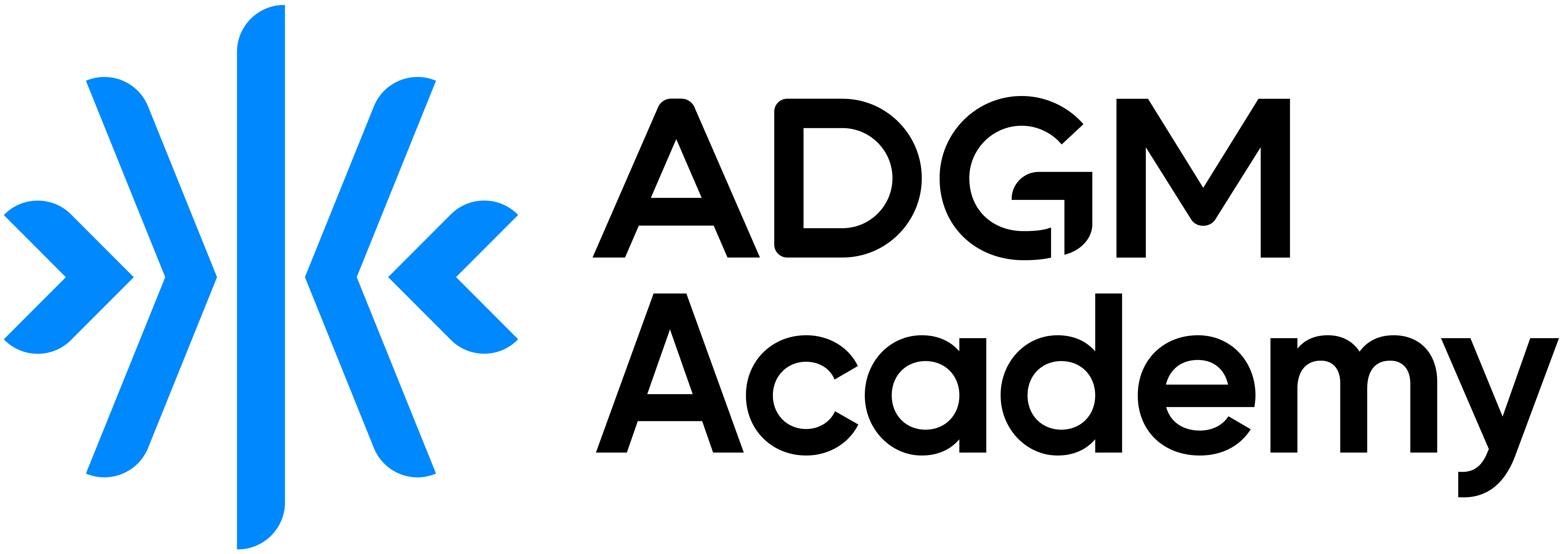Islamic Capital Markets
- Description:
This module explores the nature and theory of Islamic capital markets including the instruments used. Students who have completed this module will be able to critically analyse Islamic capital markets transactions, their applications, and the place of Islamic capital markets in the financial infrastructure. Students will be able to apply the principles in practice. The syllabus provides an introduction to Islamic financial markets and the associated risks and returns. It explores the Islamic commercial jurisprudence as it applies to Islamic Capital Markets. This module covers the main instruments used in Islamic Capital Markets including Sukuk, fixed income instruments, derivatives, and foreign exchange. Finally, the module briefly covers Islamic asset management.
This module explores the nature and theory of Islamic capital markets including the instruments used. Students who have completed this module will be able to critically analyse Islamic capital markets transactions, their applications, and the place of Islamic capital markets in the financial infrastructure. Students will be able to apply the principles in practice. The syllabus provides an introduction to Islamic financial markets and the associated risks and returns. It explores the Islamic commercial jurisprudence as it applies to Islamic Capital Markets. This module covers the main instruments used in Islamic Capital Markets including Sukuk, fixed income instruments, derivatives, and foreign exchange. Finally, the module briefly covers Islamic asset management. - Objectives:
N/A
- Audience:
This course is relevant to any professional looking to acquire a solid understanding of Islamic Capital Markets and is particularly relevant for staff working in Private Banking, Corporate Banking, Credit, IBD, Risk Management, Treasury and Capital Markets Departments.
- Prior Knowledge:
Attendance at the Practice of Islamic Banking and Finance course or equivalent knowledge level.
